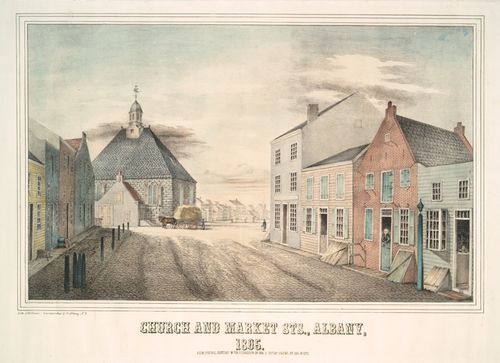
Want to get help with an overwhelming indexing project or help get records you are desperately seeking online? You”re in luck! Now available is a crowd sourcing tool for genealogy groups or individual enthusiasts to use to help get those currently unavailable online records indexed for everyone’s benefit.
Thanks to the Federation of Genealogical Societies Fall Forum 2019 article, check out Crowd Sourced Indexing for more info. If you’re an individual who’d love to help the genealogy community but want to do that from the comfort of your home – check out the current index projects on the site and pick one that tugs at your heart. If your a community group that has salvaged old records and wants to get them indexed – on the ribbon, go to About and FAQ to obtain information on how to contact the site administrator to get your project up and running.
This is a win-win for all and with winter approaching, a perfect time to cuddle up with your laptop, a mug of cider and the knowledge you’re a do-gooder!


